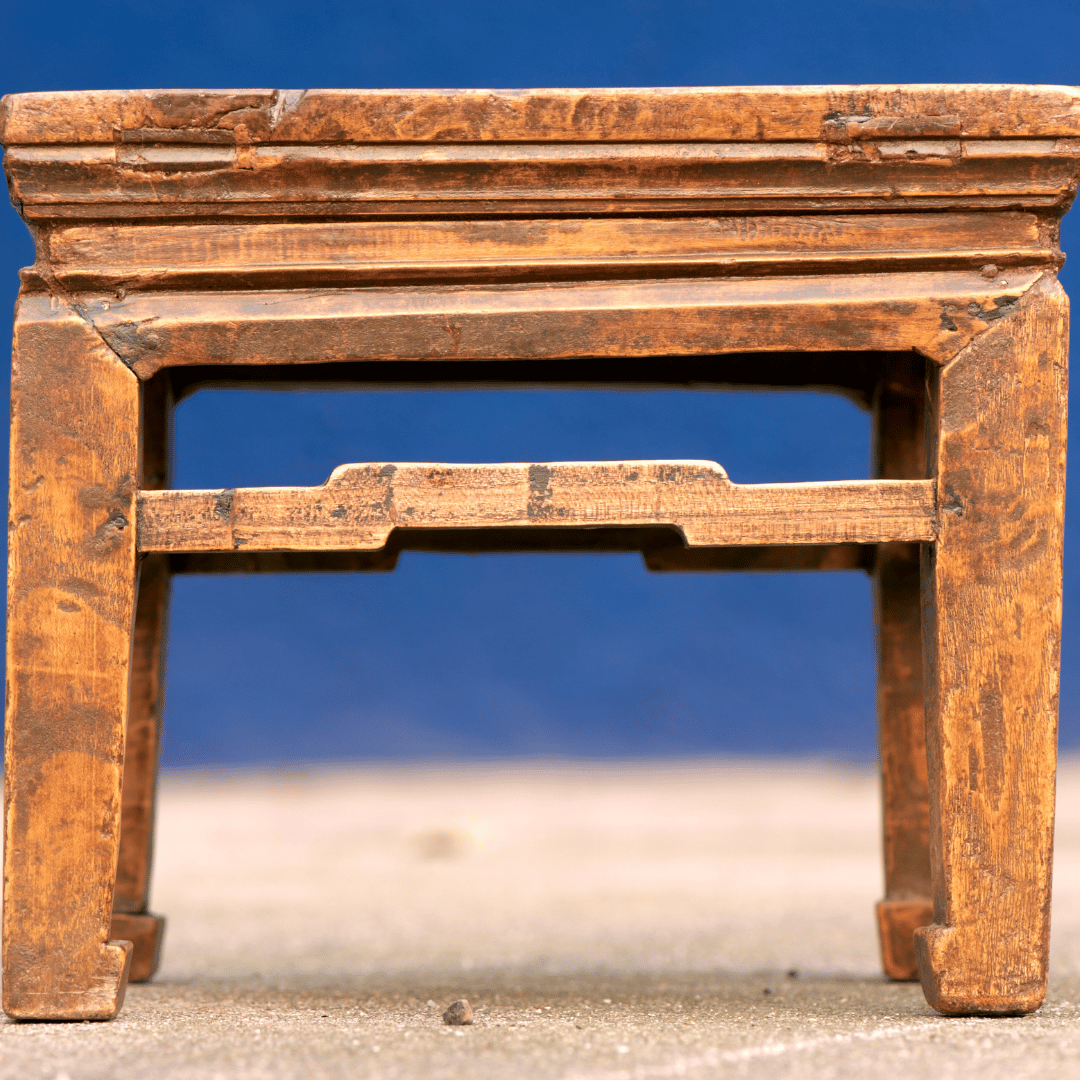
On her cousin’s porch, Auntie Amina sat on a square wooden short stool with four legs, leaning forward until her chest nearly touched her knees. She wore a white blouse paired with a vibrant multicolored fabric, worn in two distinct pieces. The first piece formed a wrap-around long skirt, known as a lapper, cascading gracefully down to her ankles. The other piece, a wrapper, was worn over the lapper and adorned her hips, knotted neatly on the left side. This attire was not only a testament to her elegance but also a symbol of wealth, showcasing her ability to afford multiple garments.
At five feet nine inches, she was deemed tall in her culture. With an oval face, slanted big eyes, and a turban-wrapped head, she sat on the stool, observing pedestrians and passing drivers. She knew most of the passersby. However, when a specific car—a four-door blue Honda Accord—drove by and a young man with a caramel skin tone and wavy black hair honked and waved at her, tears streamed down her face. She instinctively rubbed the dark mole above her cheekbone, tasting the salty tears on her lips.
Twenty years ago, Adama, Amina’s uncle and her father’s half brother, had altered the course of her life. Following her father’s sudden passing, Adama, as their culture dictated, married his brother’s widow and assumed head of the household role. With this role, he pulled Amina from schooling and forced her into marriage with a man 16 years her senior. At the time, Amina was a hopeful sophomore at the university with dreams of a promising future.
Besides knowing how to recite the Quran, the man whom Amina’s stepfather arranged for her to marry lacked any formal education. Living in a different part of West Africa, bordering her own country to the northeast, he operated a small grocery store in town. Amina would have to uproot her life and immigrate to a foreign country to be with her husband.
Following a decade of marriage together that produced a son, named Mustafa, one fateful April morning, the husband abruptly declared: “Amina, as of today, you are not my wife. I want you out of my house before the month ends.” With this declaration, Amina was now an outcast and, as word would quickly spread, considered a disgrace to any family member who would take her in. Thus, she could not rely on nearby relatives for help and housing accommodation. Going back home to her step father and mother was completely out of the question as it would mean an utter dishonor to her family’s name, far worse than her outcast status as a divorcee.
There was a flicker of hope for Amina, however. After nearly a month of going through a rolodex of relatives, Amina’s saving grace came from a cousin living in a different town about 175 miles away. The cousin, a short and stubborn man with modest means, had heard about her predicament and was deeply moved. Ignoring the stigma and warnings from relatives, he extended an invitation to Amina to live with him, his wife, and their six children—three boys and three girls.
As Amina packed her things to leave her ex-husband, one concern lingered in her mind: her 10-year-old son. “I dare you like a dead dog!” her ex-husband had snarled at her when she attempted to coax him into relinquishing the boy. He would take full advantage of his cultural right to keep and raise his son. Furthermore, it would not only be him raising the boy. A new wife was en route to take on the majority of this responsibility. Amina had overheard him earlier discussing a marriage proposal at his store. Soon afterward, within the next month, when she was already with her cousin, a younger girl would take her place in the household and rear her son. This was her deepest fear, and there was nothing she could do about it. She particularly feared that this new girl, this new wife, might become jealous of her stepson, especially if his father exhibited a greater liking to his firstborn than to her own children when the time came. Such jealousy could put Mustafa’s life in danger.
Sitting on the porch of her cousin’s house, Auntie Amina felt the sting of salty tears rolling down her face. It had been ten years since she started living with him and his family.
Her thoughts were consumed by the young man in the blue Honda who had just greeted her. The same gaping hole in her heart, formed five years ago, ached anew. Though it would never fully heal, every day on that porch, it mended slightly when her eyes rested on the young man, a living semblance to the only thing she had ever truly held dear in this world.
Thank You for Reading!
Subscribe to make sure you don’t miss future stories and series. Subscribers get first access to next week’s story: The Tragic Tale of Howard Part 4.



